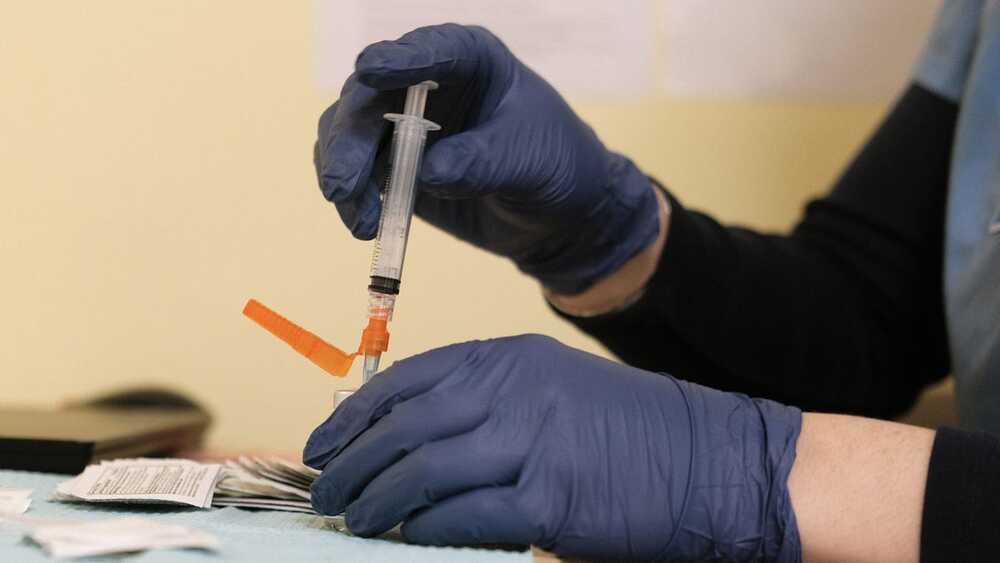Almost every day, we get the same questions from family, friends, and strangers who happen to find our emails: Which COVID-19 vaccine should I get? Should I wait to get the “best” vaccine?




Whether toting the neighborhood kids home after soccer practice or loading up for a road trip, SUVs offer the ultimate in vehicle utility. If you’re in the market for an electric SUV though, the options are both few and pricey. Unless of course you head on over to the coolest little corner of the web, the electric vehicle market on Alibaba.
This compact vehicle jack can lift a car, van, or truck safely in only 10 seconds.

A small step for the technology, a giant leap for sci-fi enthusiasts.

The cosmos is likely teeming with intelligent civilizations who have sent untold numbers of space probes out into interstellar space, says Harvard University astronomer Avi Loeb is this week’s Cosmic Controversy guest. This episode lives up to the podcast’s branding! Episode 37 — Is Oumuamua, Our Solar System’s 1st Identified Interstellar Asteroid, Actually An Alien Probe?
Did an alien lightsail traverse our solar system in 2017? Harvard University astronomer Avi Loeb thinks so. In today’s episode, I welcome Loeb to discuss his bestselling book — “Extraterrestrial: The First Sign of Intelligent Life Beyond Earth.” We chat about why he thinks this object, Oumuamua, is likely to be artificial and why the scientific community at large remains so unreceptive to progressive scientific thinking when it comes to the subject of extraterrestrial intelligence.

The Sunnyvale True Zero station, located in Silicon Valley, was developed by FirstElement Fuel. It will be open 24 hours a day and is located at 1296 Sunnyvale Saratoga Road, Sunnyvale, CA 94087. The price of hydrogen is $13.08 per kilogram.
The Sunnyvale hydrogen station capacity is 1600 kilograms and has four fueling positions with a total of five nozzles (four H70 nozzles and one H35 nozzle). It is one of the first hydrogen stations in California serving passenger cars to have four fueling positions and capacity up to six times the size of earlier hydrogen stations. The next-largest stations for passenger cars are similar include the True Zero station in Fountain Valley that opened in July and the True Zero station in Oakland, with more than 800 kilograms. It opened in late 2019.
This station will be able to fuel three cars simultaneously, increasing the number of vehicles served in a shorter time. This and future stations like it will help meet the needs of the growing fuel cell passenger car market in Silicon Valley and the greater Bay areas and across California.
